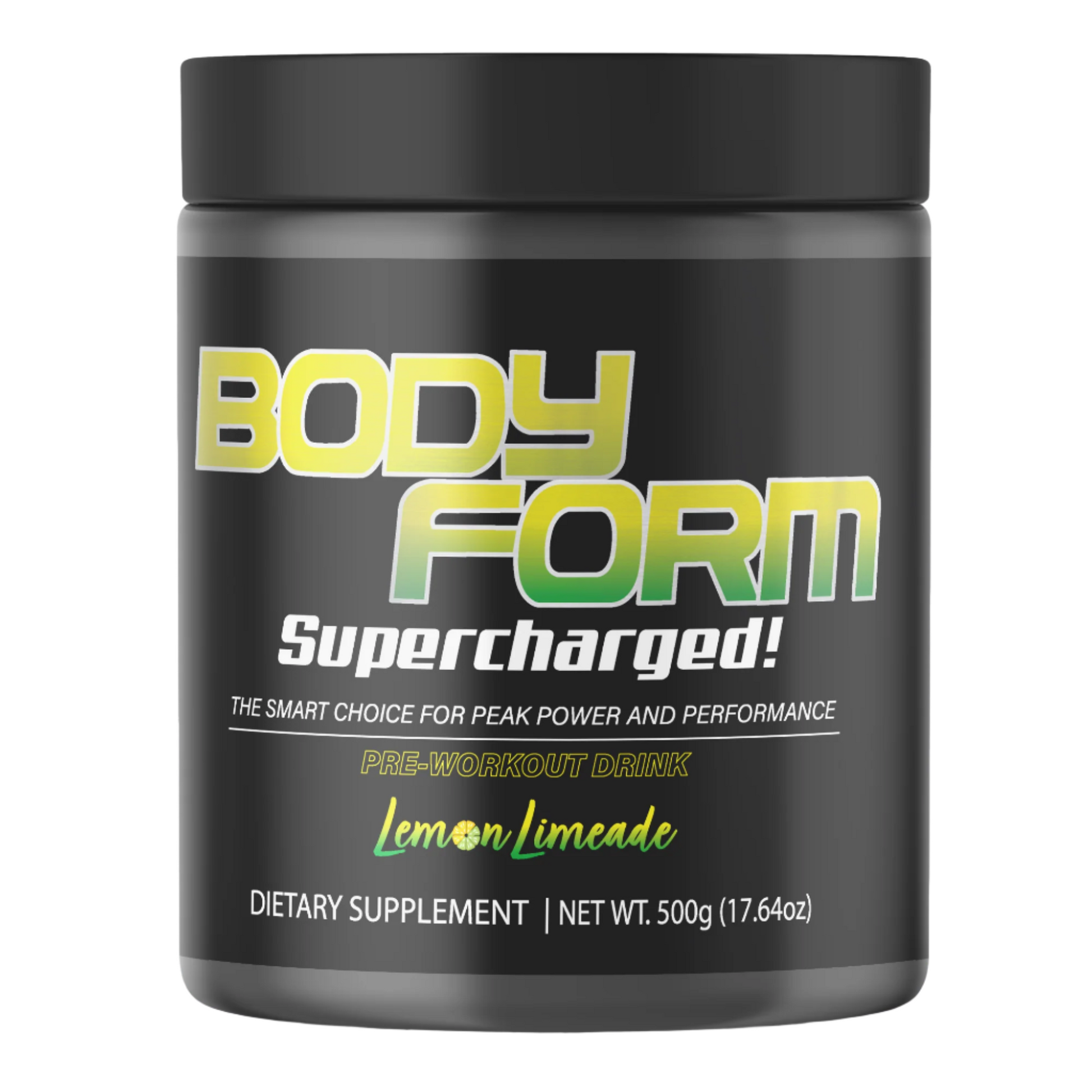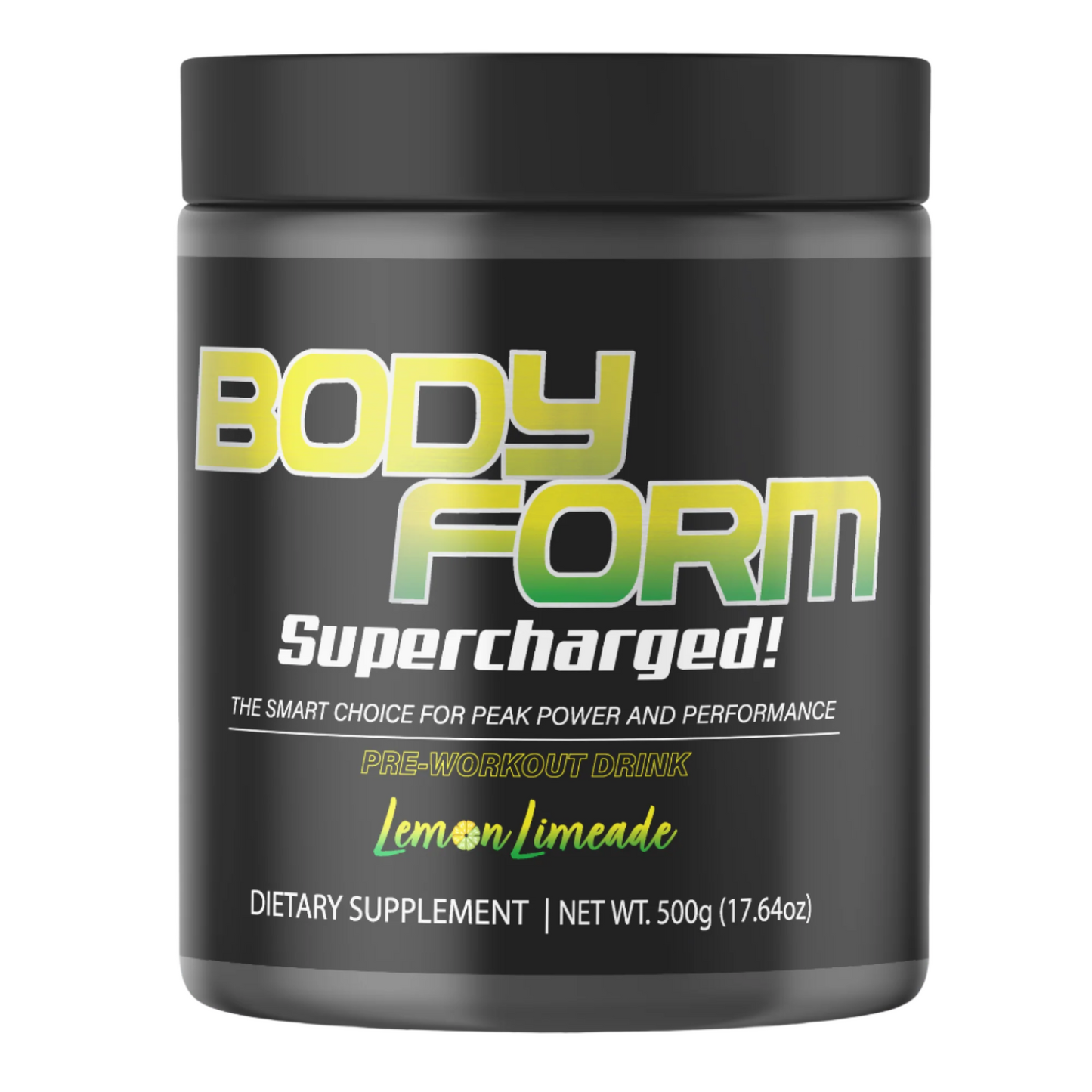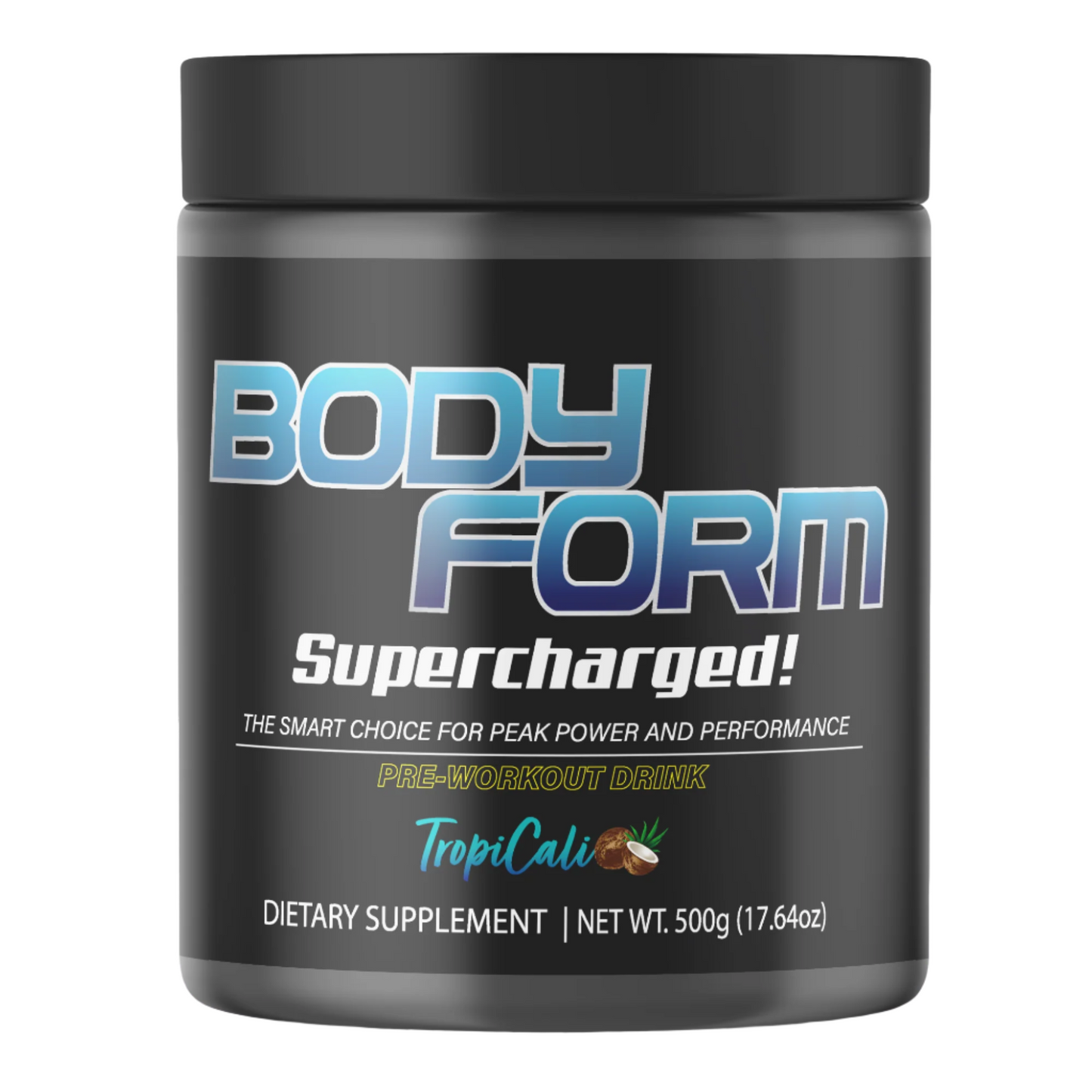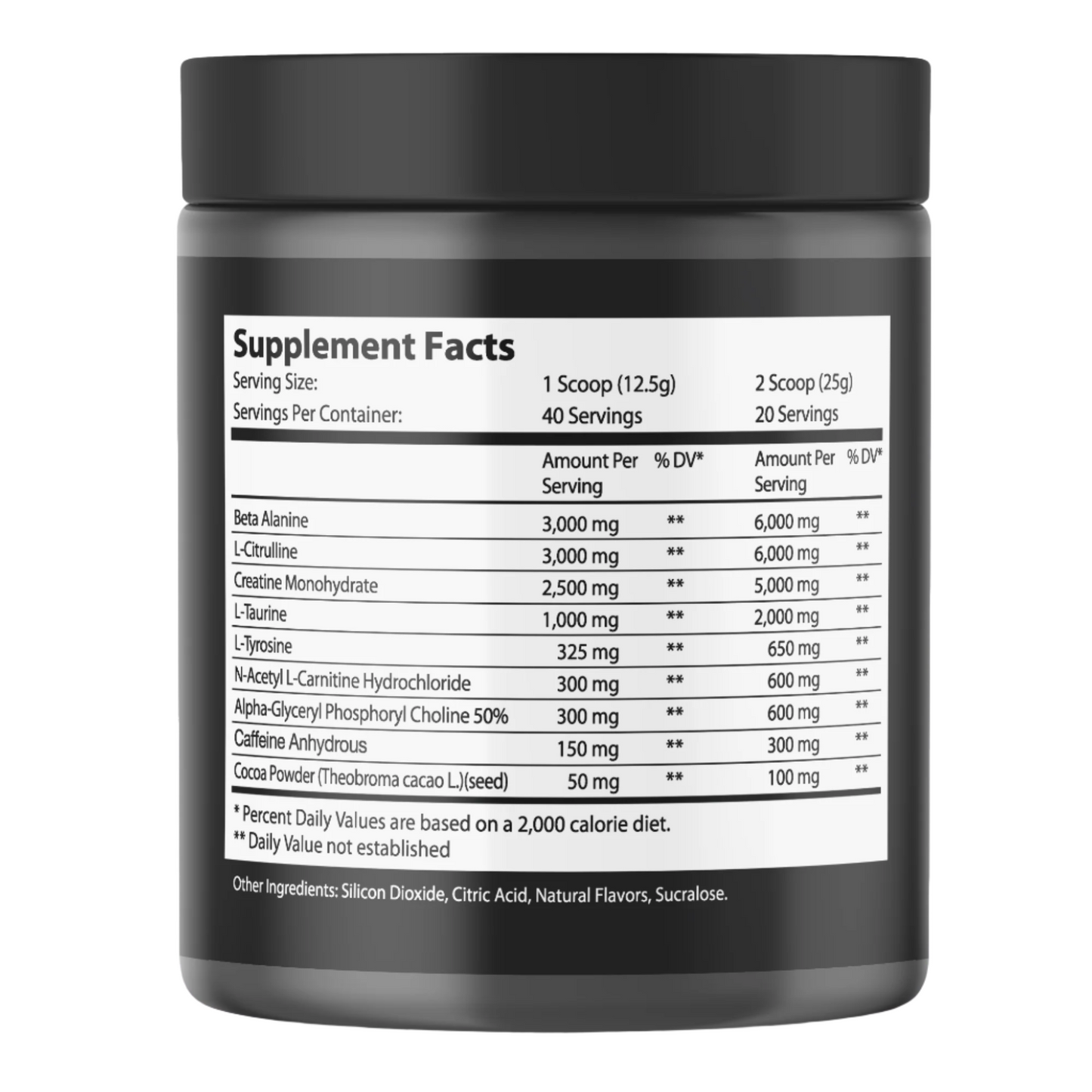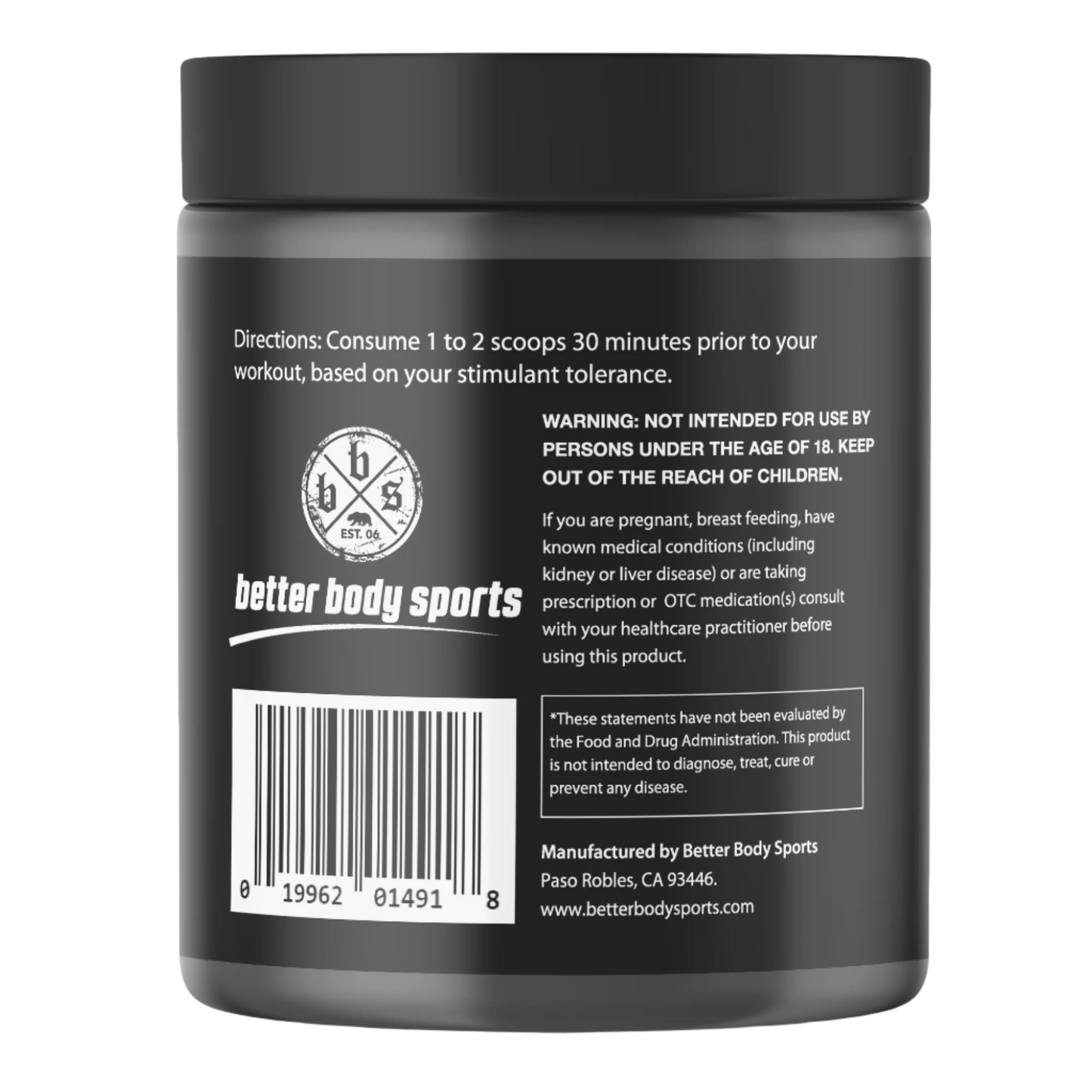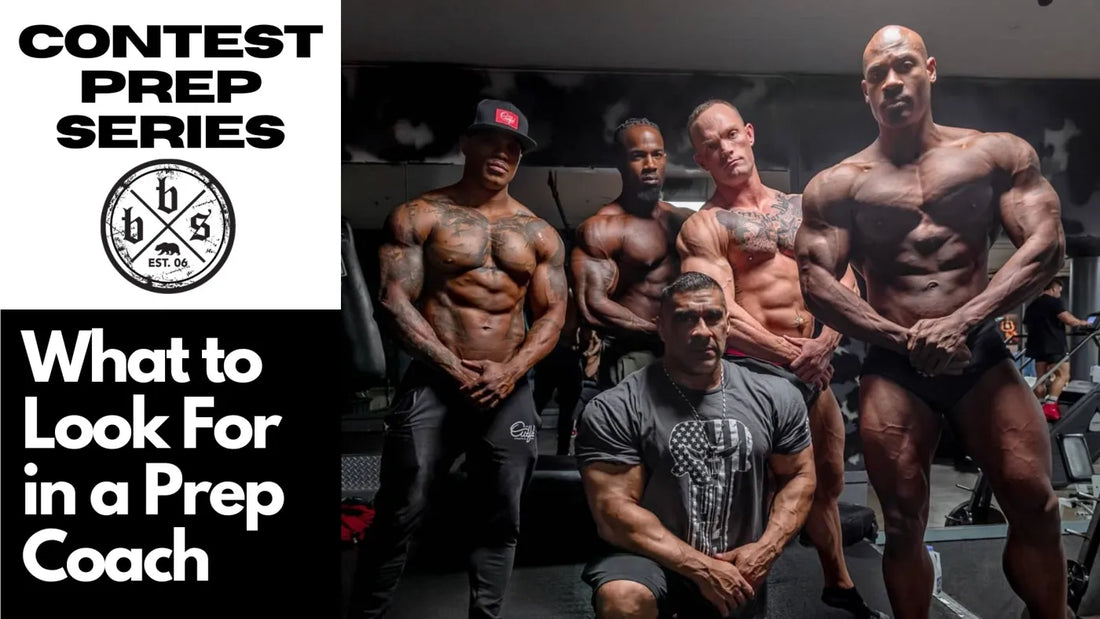
Contest Prep: What To Look For In A Coach
Share
Are you ready to start a contest prep?
Deciding to step on stage and compete is a decision that will transform your physique. A fitness competition will not only transform your body, but will also transform your mind. It is a fitness journey that will teach you hard work, discipline, consistency, and resilience. But to look your best, it will require an understanding of what to look for in a contest prep coach.
It does not require the ambition to one day become an IFBB pro bodybuilder in order to develop the passion for competing. fitness competitions can be a life-changing event that gives you a new perspective on how to workout, what to eat, and the definition of mental toughness. Even if you only compete once, the lessons will serve you for many years to come.
In the days of Arnold, competition meant you were a bodybuilder. Now, fitness competitions include athletes of various shapes and sizes.
Categories for contest prep
physique competitions are now open for a variety of body types including:
- Men’s bodybuilding competition (add one sentence to each)
- Classic physique competition
- Men’s Physique competition
- Fitness competition
- Women’s Bodybuilding competition
- Women’s Physique competition
- Bikini competition
- Figure competition
- Wellness competition
Contest prep coaches requires specialist training
Your everyday personal training cannot answer contest prep questions. A prep coach must have a unique type of knowledge about nutrition, weight training, and cardio that goes beyond what the general public need. A qualified contest prep coach understands how to maintain muscle mass even during the lowest of body fat levels.
Prep work before searching for a coach
Before searching for the right coach, there are a few things you should decide
- What is your budget? Knowing what you can afford will help you be realistic about the level of coaching you can gain access to.
- What is your competition level? Your first contest prep may not require the expertise and cost of a Chris Aceto or Hany Rambod.
- Are you looking for a local or online coach? Some people require more hands on help than others. Knowing what your needs are will help guide you in the direction to find the right physique coach.
Contest prep influencers
Social media can be a great place to gain motivation into competing. However, it may not be the best place to decide if a coach is right for you. Deciding on your coach based upon their own physique could end up being a disappointing experience.
Are they a person of integrity?
Look for a coach who has a firm set of values and is seen as a good person. It would be better to find out if your potential coach is someone who embraces cheating before you have paid them money.
Respected by other coaches
Competition prep coaches will always disagree on certain aspects of training and nutrition, which is OK. When evaluating a coach, look for larger issues that most coaches take issue with. Unless they record shows that this unique philosophy stands above the rest, it would be a good idea to look elsewhere for your first show.
One such example would be coaches who put you in a large caloric deficit far too early. There are coaches who drive weight loss early out of fear that you won’t show up. Most top coaches disagree with this strategy.
What is their educational experience?
Education is certainly not the end all be all, but it is something to consider. What type of degrees, certifications, or training does the coach hold? A contest prep coach should have a strong understanding of the human body with an expertise in the muscular system and metabolism.
What is their professional experience?
Technically, it only takes training one client through contest prep to consider the individual to be a competition prep coach. Know how many clients the coach has taken clients through contest preparation. It is an even better idea to look at their transformations and placing at the show.
Have they personally experienced a contest prep?
Every good coach has competed at least once. Not having competed does not make them a bad coach, but it prevents them from seeing the process through your lens.
This does not mean that a coach who trained for a bodybuilding competition is not experienced enough to work with an athlete on her bikini contest prep. All categories of competition require a similar challenge with nutrition and training.
Understands individual differences
We highly recommended it to take the time to have a conversation with a coach before hiring them. One important thing to be learned is how flexible they are in their approach. Look for a coach who is firm in their principles but recognizes the need for making adjustments based on their athletes’ needs.
What is their approach to diet and nutrition?
There are several approaches to fat loss that a competition coach may take. A few examples are keto, carb cycling, or a more traditional high protein and low-fat diet that slowly reduces carbs and calories.
Find another coach if the one you are interviewing follows a nutrition plan that you disagree with or want to avoid. You will want a meal plan that you are confident in if you are going to stick with it for 12-16 weeks.
Are they a good posing coach?
If you cannot show it well, it won’t matter how muscle growth and fat loss has taken place during your prep. While not mandatory that coaching includes posing, it is important to know. You will need to pay extra money if the competition coach does not teach proper posing. This needs to be a financial decision that is made in advance.
Can they see the bigger picture?
A good coach can see beyond what is right in front of them. They should understand that preparing for a fitness competition isn’t always a straightforward approach. Each action taken or decision made will lead to a reaction or additional question to be answered.
A good example is the strategy our resident Bodybuilding Coach Pete Ciconne uses. Often a bikini competitor needs to bring an overly developed muscle into balance. Most coaches will lay off of the muscle entirely, which can reduce the size of the muscle but also the muscle’s density. This consequence of not training a muscle led Pete to ask, “What if we overtrained the muscle.” By working the muscle past the appropriate amount for muscle development, what ends up happening is the muscle atrophy’s but maintains the same density and most of its strength.
A second example is when a coach implements a reverse diet. If they have done their homework and understand your nutrition leading up to today, they may ask you to eat more rather than eat less. It takes a confident and educated coach to see the need for a client to reverse diet.
Requires a commitment
A committed amount of time as a contract is a good idea, even if it may look like sales strategy. An experienced coach understands that there is a learning curve when working with a client and results take time. Count on a contest prep plan being at least 3-months so expect a contract to be about the same length if not longer.
Communicates regularly
Look for a coach who suggests brief communication daily. Even if a contest prep coach has a full roster of athletes, quick check-ins through email and text are necessary. These check-ins will are expected because they hold you accountable and keep a close eye on your progress. Look for a coach cannot communicate within 24-hours most of the time.
Is a good resource for what you will need
There is a lot to consider when you prep for a show. There are a lot of questions to be answered besides what to eat and how to workout. Questions such as…
*What tools do you need to track body composition?
*Where is the best place to buy posing trunks and a posing bikini?
*What type of tanning machine is best?
A qualified coach should be an adviser to you in all the resources you need to be at your best come showtime. If a coach doesn’t have the answers to these questions, then take a second look at their resume.
Deciding
The most important step when choosing a coach to handle your contest preparation is to decide and then commit. It doesn’t matter how perfect a plan is, making a choice and then failing to give it your all will lead to a poor performance and mediocre results.
In the words of NBA coach Pat Riley “There are only two options regarding commitment; you’re either in or you’re out. There is no such thing as a life in between.”

